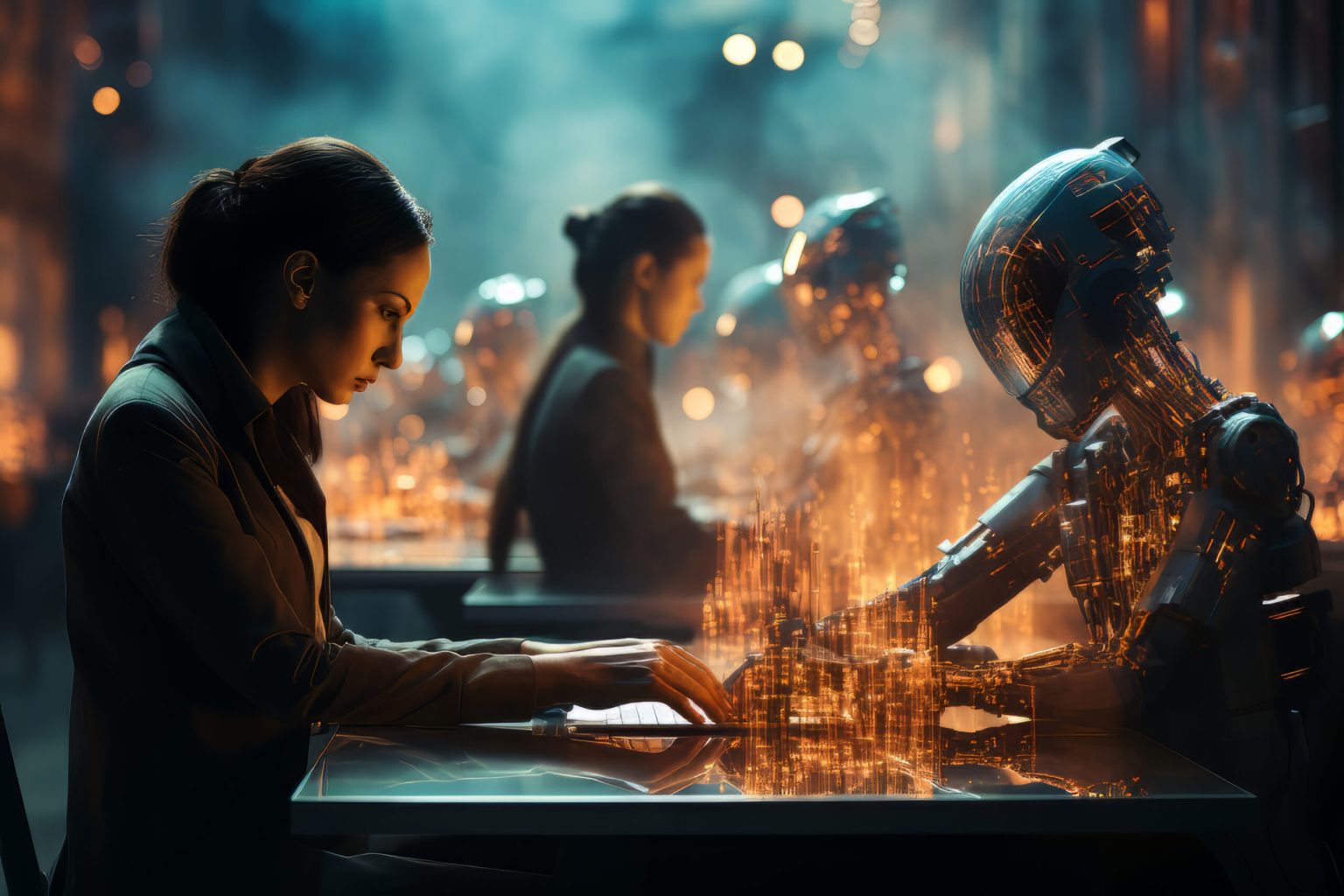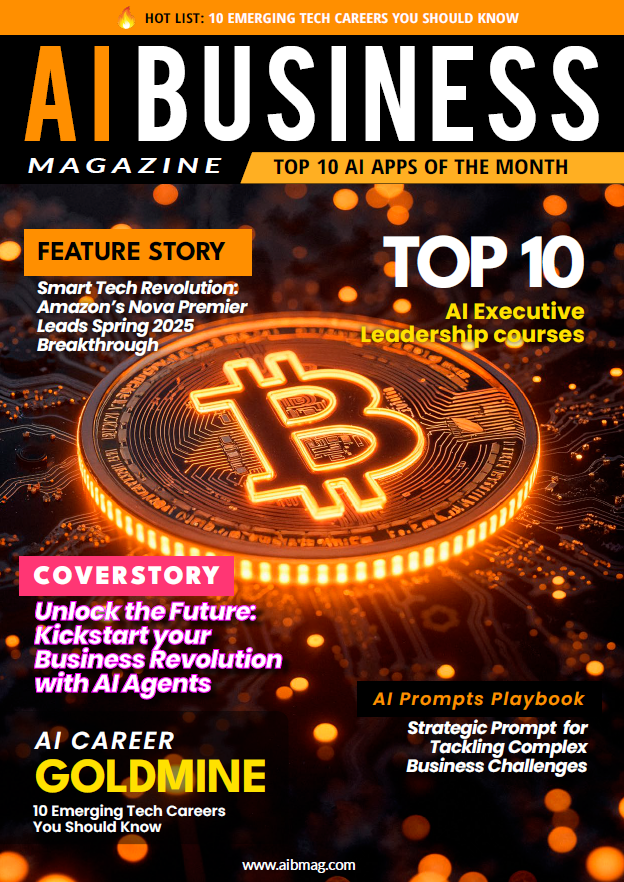Artificial intelligence has become a business necessity, rapidly embedded into customer service, logistics, design and R&D. But while adoption is accelerating, AI security is failing to keep pace creating what experts call a confidence paradox.
A new AI Security Benchmark Report from SandboxAQ reveals that 77% of leaders feel secure about their AI defences, yet 72% have never conducted a comprehensive AI risk assessment. This misplaced confidence highlights a widening gap between AI adoption and AI-specific readiness.
The problem is speed. Companies rush to deploy AI for competitive advantage, but only 6% have AI-specific protections and just 10% employ dedicated AI security teams. Most rely on outdated IT methods, ill-suited for autonomous systems that operate at machine speed.
One of the fastest growing threats is the misuse of nonhuman identities such as API keys and tokens. Without proper monitoring, attackers can exploit these credentials to infiltrate networks quickly and invisibly.
Some organizations, like Albert Invent, are moving ahead with AI-specific audits, layered defences and continuous monitoring, recognizing the unique risks AI introduces. But most remain reactive, depending on compliance-driven strategies that experts warn cannot withstand machine-speed attacks.
The report concludes bluntly: AI security is a “now problem.” Companies must gain visibility, adopt proactive defences, and close gaps before attackers exploit them or risk being left dangerously exposed.
AI Is Redefining the Role of Lawyers Beyond Automation
Artificial intelligence is no longer just about efficiency in the legal industry it’s reshaping both how lawyers work and why they stay in the profession. A new Ironclad survey of 800 attorneys and legal operations professionals reveals that AI is easing burnout, improving workflows, and even shifting generational perspectives on the purpose of legal work.
Jasmine Singh, general counsel at Ironclad, recalls the toll of perfectionism and long, isolating hours in Big Law that led her to burnout. Today, she views AI as a coworker a brainstorming partner, an intern for repetitive tasks, and a safety net that lightens the daily burden. She’s not alone: 96% of respondents say AI helps meet business goals efficiently, while 76% report it directly reduces burnout. Gen Z lawyers especially embrace AI, with 91% crediting it for lowering burnout levels.
On the operational side, AI is revolutionizing workflows. Ocrolus’s legal head, Katelyn Canning, shared that AI has cut contract analysis time by 75%, enabling her lean team to perform the work of much larger departments. By drafting first versions of documents and routine communications, AI lets lawyers shift from creators to strategic reviewers elevating legal teams from cost centers to trusted business partners.
The survey also highlights AI’s wider impact: 61% use it for summarizing case law, 45% for document review, 42% for drafting, and 64% report improved communication. For many, AI isn’t just about productivity it’s making legal careers more purposeful, impactful, and sustainable.
AI Is Creating the ‘Superhuman Customer’—and Retailers Must Adapt Fast
Retail is entering a new era, one shaped not just by e-commerce or digital marketing, but by the rise of the AI-powered consumer. According to a new Cognizant study of 8,000 global consumers, AI is fundamentally reshaping shopping behaviour saving time, reducing decision fatigue, and rewriting how brands engage with customers.
Sushant Warikoo, senior VP of retail at Cognizant, calls this the cognitive evolution, a shift from user experience (UX) to AI-powered experience (AX) always on, personalized and predictive. By 2030, Cognizant predicts AI-driven consumers could account for 55% of U.S. spending, or $4.4 trillion.
The study highlights a major consumer frustration with current shopping: over 75% feel bogged down by search fatigue, decision paralysis, or delays. AI promises to ease that by acting as a personal concierge, filtering noise and even making purchases automatically. Tools like Amazon’s Buy for Me and Google’s Shop with AI already point to this future, where brands must first convince the AI agent before reaching the human buyer.
Cognizant’s AI Inclination Index shows high-income and younger shoppers are most eager to embrace AI, while older consumers remain cautious though adoption is expected to grow.
Warikoo warns that retailers have less than five years to adapt. Those who fail to redesign business models around this superhuman customer always connected, always assisted by AI risk being left behind.
AI Impact Awards 2025: Celebrating Innovation, Responsibility and Impact
Newsweek has announced the winners of its inaugural AI Impact Awards 2025, honoring 38 companies across 13 categories for solving real-world problems with innovative AI solutions. The Best of Most Innovative AI Technology or Service spotlighted five standout companies making extraordinary contributions.
Among them is Ex-Human, which won the award for AI Human Interactivity and Collaboration. Founded by Artem Rodichev, Ex-Human creates customizable AI companions designed to ease loneliness, particularly among Gen Z, where nearly 80% report feeling lonely. Users spend an average of 90 minutes a day and 600+ messages per week with these empathetic characters, which Rodichev calls “non-boring AI.” The platform projects 10 million users by next year and has secured $3.7 million in funding.
Also recognized was Fal.ai, winner of the Extraordinary Impact in General Purpose AI Tool or Service award. The platform provides B2B generative media tools for advertising, marketing and retail, cutting costs and enabling creative scalability. Its founders believe social media will be the next frontier for AI-generated content.
The award for AI Transparency and Responsibility went to EY, which built a responsible AI framework aligned with the EU’s AI Act. With 400,000 employees in 150 countries, EY emphasized proactive governance in a fast-moving AI landscape.
Other winners included Pharebio, honored for AI Innovation, and Axon, awarded for Commercial Tool or Service. Together, the winners reflect AI’s rapid evolution balancing creativity, practicality, and responsibility.
CBA’s AI Backflip: When Chatbots Replaced Humans—and Failed
The Commonwealth Bank of Australia (CBA) has performed a rare public U-turn, reinstating dozens of call centre jobs after an experiment with AI chatbots went wrong. Just weeks ago, the bank announced plans to cut 45 positions, saying its new voice-bot technology could handle more of the load. Instead, the opposite happened.
Rather than easing pressure, the AI tool created longer queues and heavier workloads. Customers struggled to resolve issues, forcing managers to ask staff to work overtime and even step in on calls themselves. What was pitched as efficiency quickly became inefficiency.
The backlash was swift. The Finance Sector Union (FSU) challenged the bank’s move at the Fair Work Commission, accusing CBA of disguising job cuts as digital transformation. The bank eventually admitted it had misjudged the rollout. In a rare reversal, it apologized to staff and offered them the chance to remain in their roles, move into new ones, or leave with full support.
Yet, CBA isn’t abandoning AI. With major partnerships in place with OpenAI, Amazon, and Anthropic, the bank insists its future is still digital just more cautious. Executives now say AI should support employees rather than replace them.
For many, the episode reflects a larger debate: is AI an enabler of human work, or simply a tool for cutting costs? In CBA’s case, the answer is clear. When machines failed, humans proved irreplaceable.
Microsoft’s AI Chief Warns of Rising “AI Psychosis”
The rapid growth of generative AI is reshaping how we live, but it’s also sparking troubling side effects. Mustafa Suleyman, Microsoft’s head of artificial intelligence, has voiced deep concern over a phenomenon being called AI psychosis.
The term refers to cases where people become so immersed in AI chatbot interactions that they lose touch with reality. These tools ChatGPT, Claude, Grok, and others are designed to mirror human conversation, but some users start believing the machines are conscious, forming romantic attachments, or even imagining themselves as uniquely gifted.
The BBC spoke with Hugh from Scotland, who spiralled into delusion after relying on ChatGPT during a legal dispute. What began as practical advice turned into grand promises of multi-million-pound payouts, book deals, and movie rights. Convinced he was destined for extraordinary success, Hugh eventually suffered a mental health breakdown. Only after seeking medical treatment did, he recognize he had been misled—not by malicious intent, but by the AI’s tendency to validate whatever it’s told.
Suleyman stresses there’s no evidence of AI consciousness. Yet, perception matters If people just perceive it as conscious, they will believe that perception as reality. Experts warn society is only at the beginning of understanding these risks.
As one researcher put it, AI might become the ultra-processed food of the mind. The advice? Use these tools but stay grounded. Talk to real people, because unlike AI, they truly understand.



